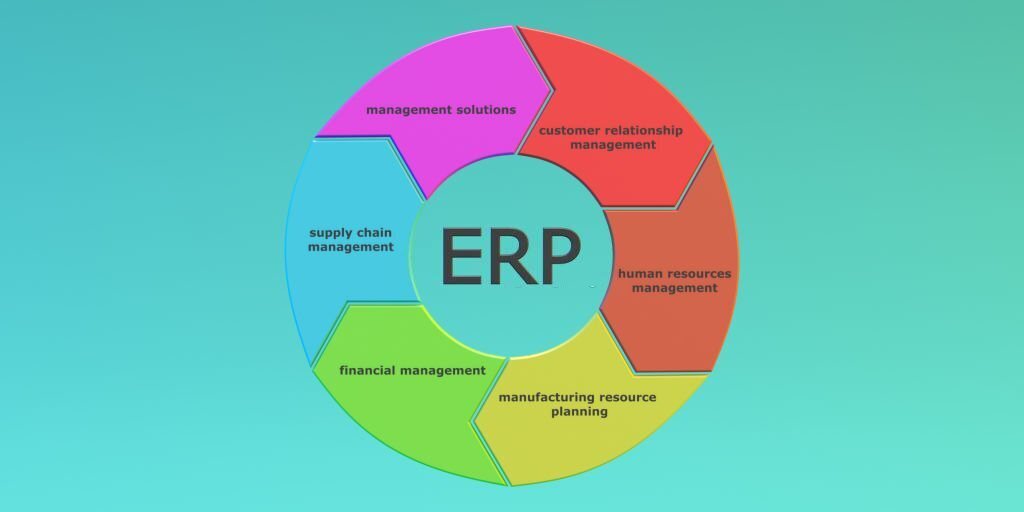
In today’s business landscape, technology plays a vital role in the success of a company. Business software, in particular, helps automate various tasks and improve overall efficiency. However, with so many different types of business software available, it can be overwhelming to choose the right one for your needs. In this article, we’ll take a closer look at some of the most popular types of business software tools, including ERP, CRM, and more.
1. Enterprise Resource Planning (ERP) Software:
Enterprise Resource Planning, or ERP, software is designed to integrate all aspects of a company’s operations into a single system. This includes functions such as accounting, inventory management, production planning, human resources, and customer relationship management. By having all these functions integrated into one system, businesses can streamline their operations and improve communication between different departments.
Features:
- Integration of multiple business functions into a single system
- Real-time monitoring of business operations and performance
- Automates repetitive tasks and reduces manual errors
- Centralized database for improved data management
- Advanced analytics and reporting capabilities
- Access to real-time data across different departments and locations
2. Customer Relationship Management (CRM) Software:
Customer Relationship Management, or CRM, software is designed to help businesses manage their interactions with customers. This includes functions such as managing customer data, tracking customer interactions, and automating customer support. By using a CRM system, businesses can improve customer satisfaction, increase sales, and improve customer retention rates.
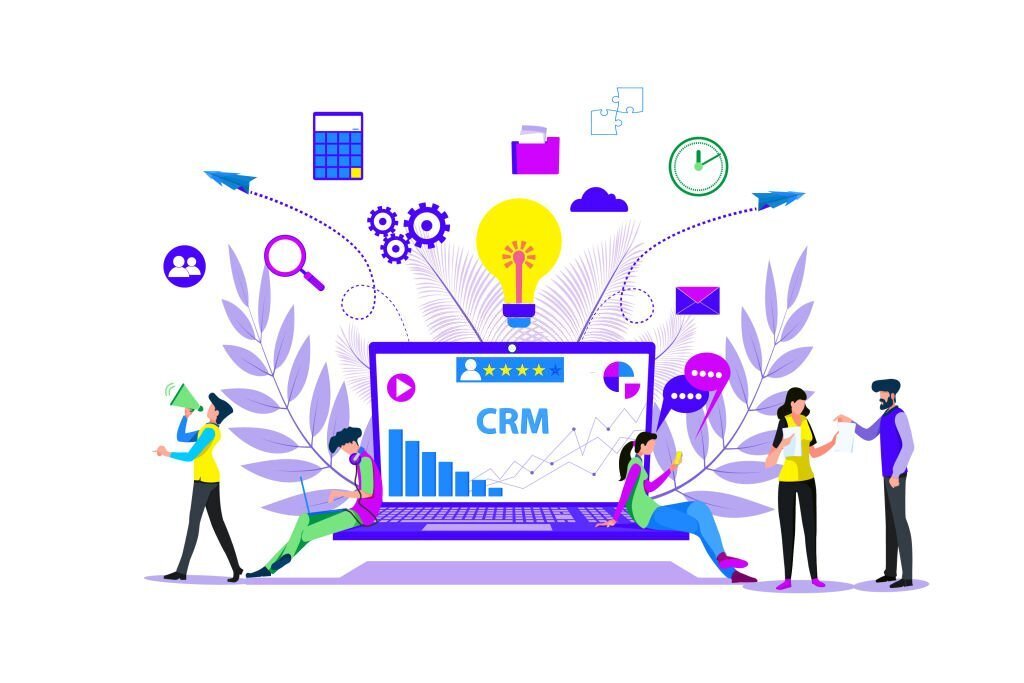
Features:
- Management of customer data and interactions
- Sales automation tools to manage leads, opportunities, and quotes
- Customer behavior and preferences can be tracked using advanced analytics.
- Marketing automation features to create and execute campaigns
- Customer support tools for improved communication and issue resolution
3. Supply Chain Management (SCM) Software:
Supply Chain Management, or SCM, software is designed to help businesses manage their supply chain operations. This includes functions such as managing inventory levels, tracking shipments, and managing supplier relationships. By using an SCM system, businesses can optimize their supply chain operations and reduce costs.
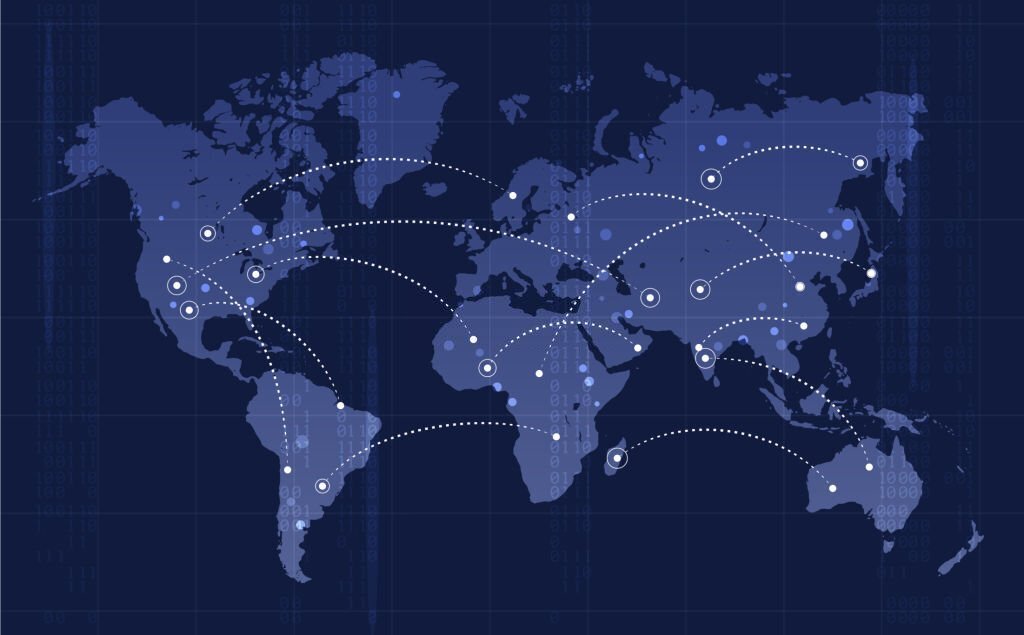
Features:
- Optimization of inventory levels and supply chain operations
- Advanced forecasting and planning tools to reduce waste and delays
- Vendor management and procurement tools to manage supplier relationships
- Tracking and management of shipments and logistics
- Advanced analytics to track supply chain performance and identify opportunities for improvement
4. Human Resource Management (HRM) Software:
Human Resource Management, or HRM, software is designed to help businesses manage their human resource operations. This includes functions such as managing employee data, tracking employee performance, and automating payroll processes. By using an HR software, businesses can streamline their human resource operations and improve communication between different departments.

Features:
- Centralized employee data management
- Payroll processing and benefits management tools
- Performance management and appraisal tools
- Training and development tools to manage employee skills and competencies
- Employee self-service tools for improved communication and engagement
5. Project Management Software:
Project Management software is designed to help businesses manage their projects more effectively. This includes functions such as creating project plans, assigning tasks, tracking progress, and communicating with team members. By using a project management system, businesses can improve collaboration between team members, stay on track with deadlines, and reduce project delays.

Features:
- Project planning and task assignment tools
- Real-time monitoring of project progress and performance
- Collaboration tools to manage team communication and workflows
- Document management and version control tools
- Resource management tools to manage team workload and capacity
6. Marketing Automation Software:
Marketing Automation software is intended to assist companies in automating their marketing processes. This includes functions such as creating and executing marketing campaigns, tracking customer interactions, and analyzing marketing performance. By using a marketing automation system, businesses can improve their marketing efficiency and increase their return on investment.
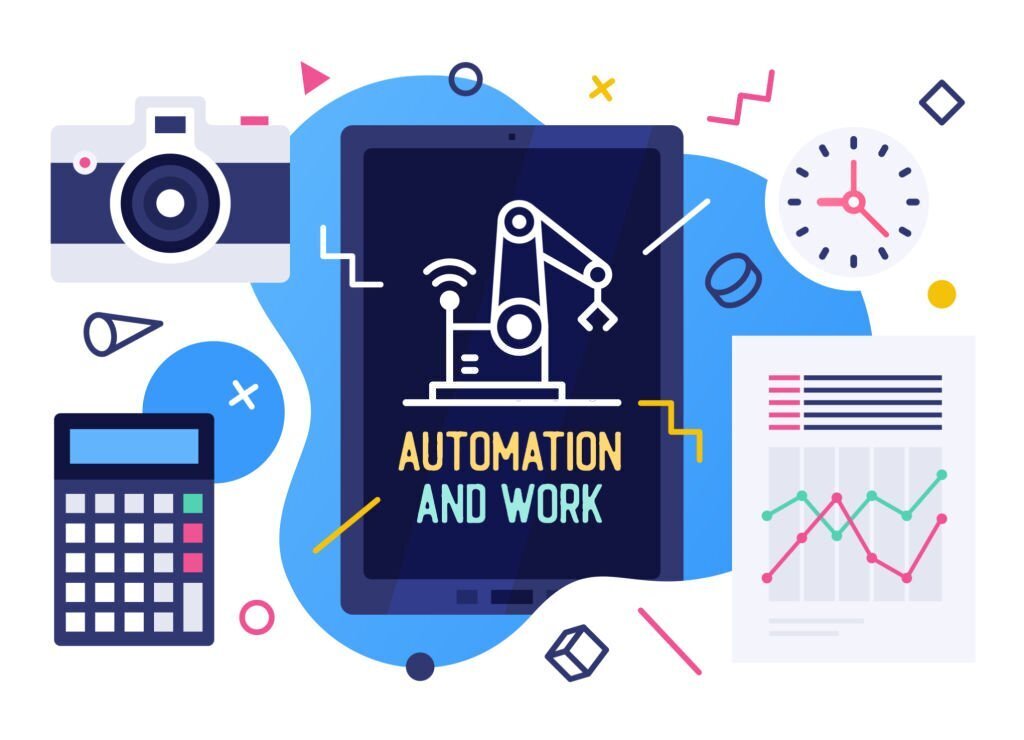
Features:
- Marketing campaign creation and execution across multiple channels
- Lead management and nurturing tools
- Advanced analytics to track campaign performance and ROI
- Integration with CRM systems for improved communication and lead handoff
- Personalization and targeting features to improve campaign effectiveness
There are many different types of business software available, each designed to help businesses improve their operations in different ways. By understanding the different types of software available and their functions, businesses can choose the right software to meet their needs and achieve their goals. Whether it’s ERP, CRM, SCM, HRM, project management, or marketing automation software, the right software can make a significant difference in a company’s success.
7. Content Management System (CMS) Software:
A Content Management System, or CMS, is software designed to help businesses manage their digital content. This includes functions such as creating, editing, and publishing content on websites, blogs, and other online platforms. A CMS system provides businesses with a centralized platform to manage their content, which can help improve content quality, consistency, and efficiency.
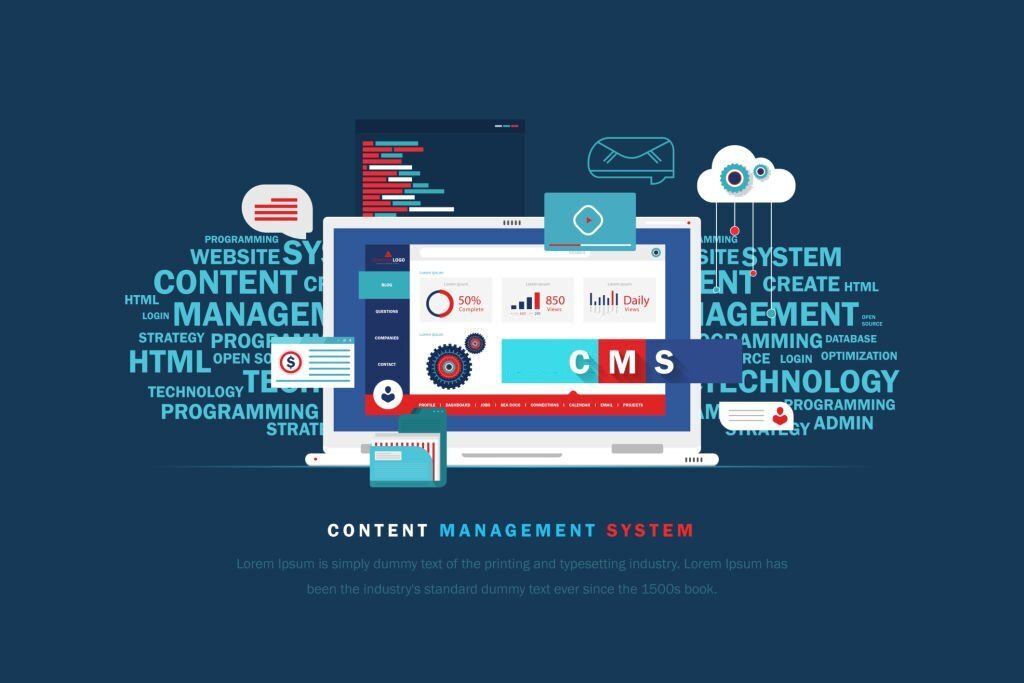
Features:
- User-friendly content creation and editing tools
- Customizable templates and themes for website design
- Multi-user collaboration tools for team workflows
- Search engine optimization (SEO) tools to improve online visibility
- Content scheduling and publishing tools for timely content delivery
- Analytics and reporting tools to track content performance and user behavior.
Conclusion
In conclusion, business software plays a vital role in the success of modern businesses. Whether it’s ERP, CRM, SCM, HRM, project management, or marketing automation software, each type of software offers a unique set of features to help businesses optimize their operations and achieve their goals.
By understanding the different types of business software available and their features, businesses can choose the right software to meet their needs and improve their overall efficiency. With the right software in place, businesses can streamline their operations, improve communication between different departments, and gain valuable insights to make data-driven decisions. Overall, business software is an essential investment for any modern business looking to stay competitive in today’s fast-paced business landscape.


